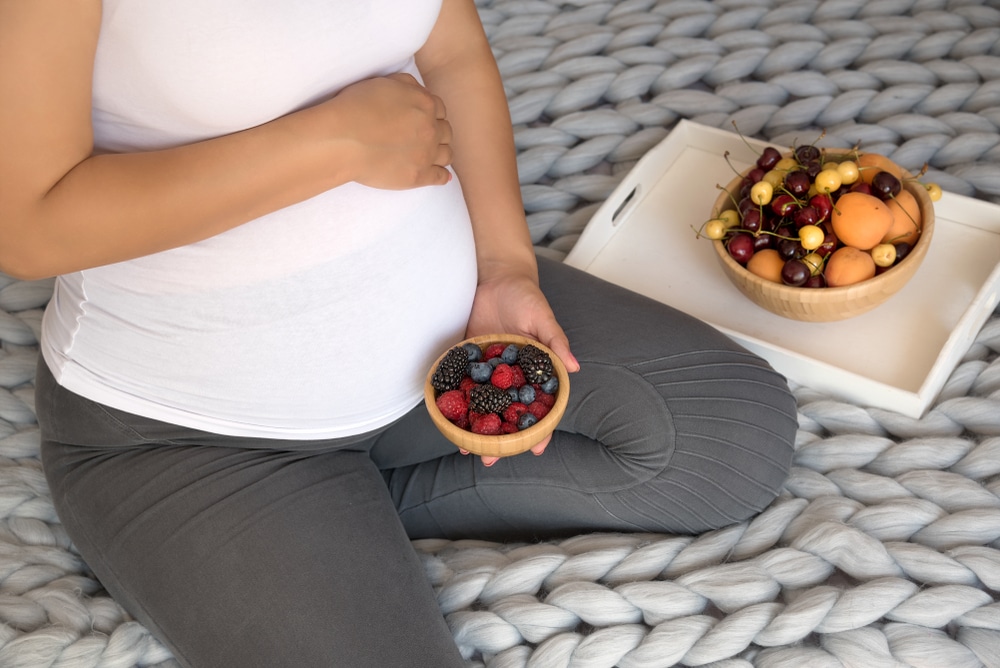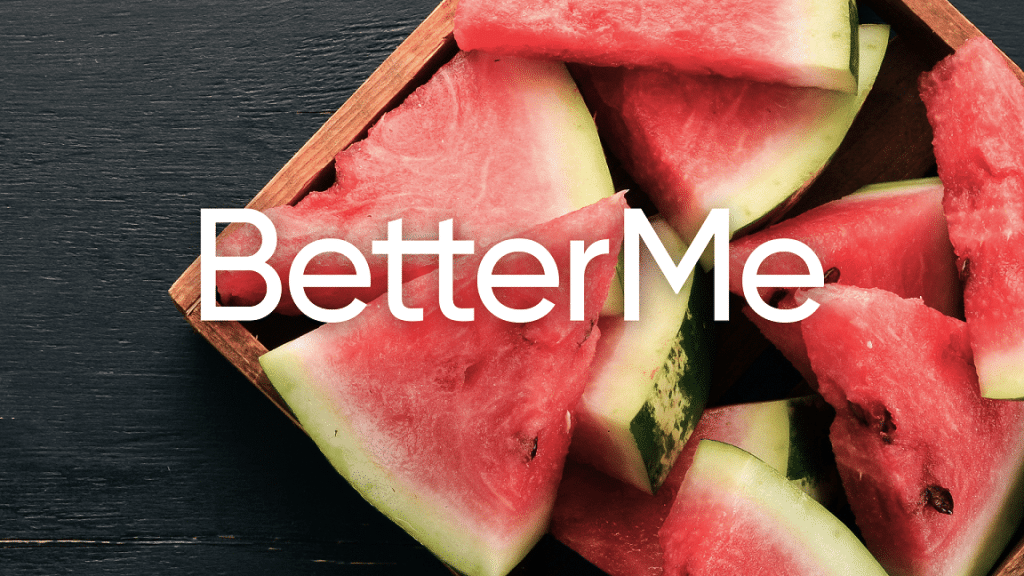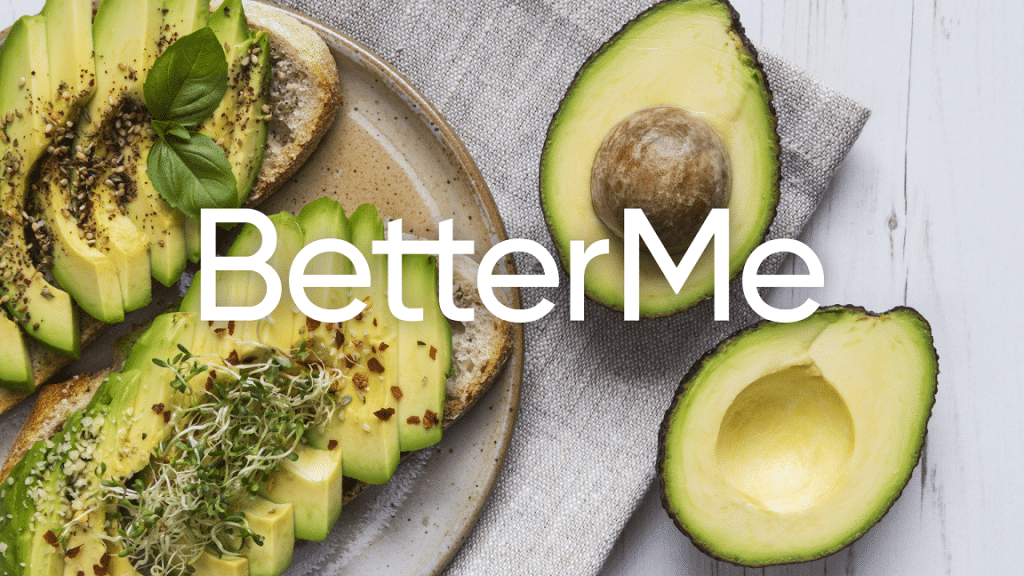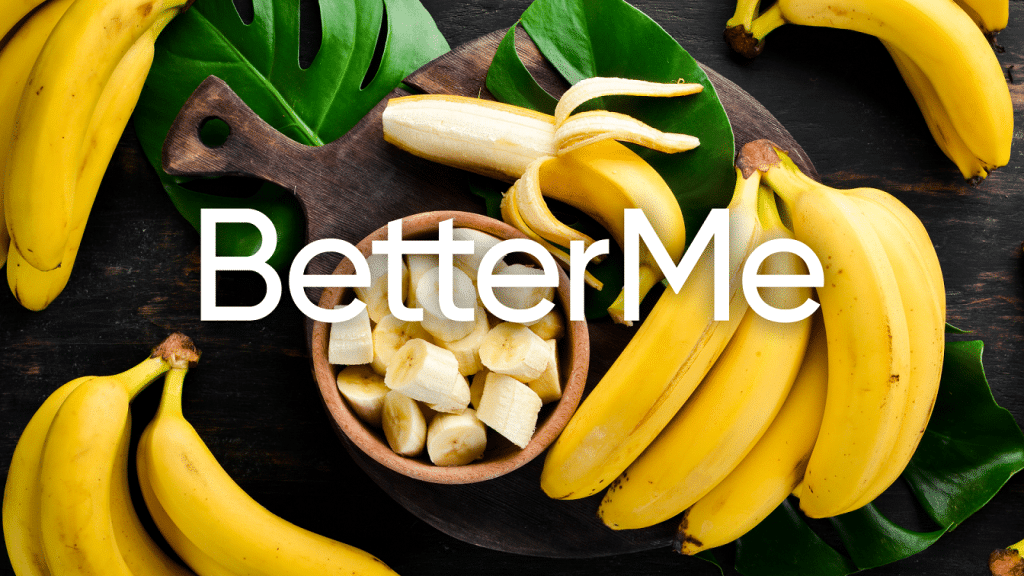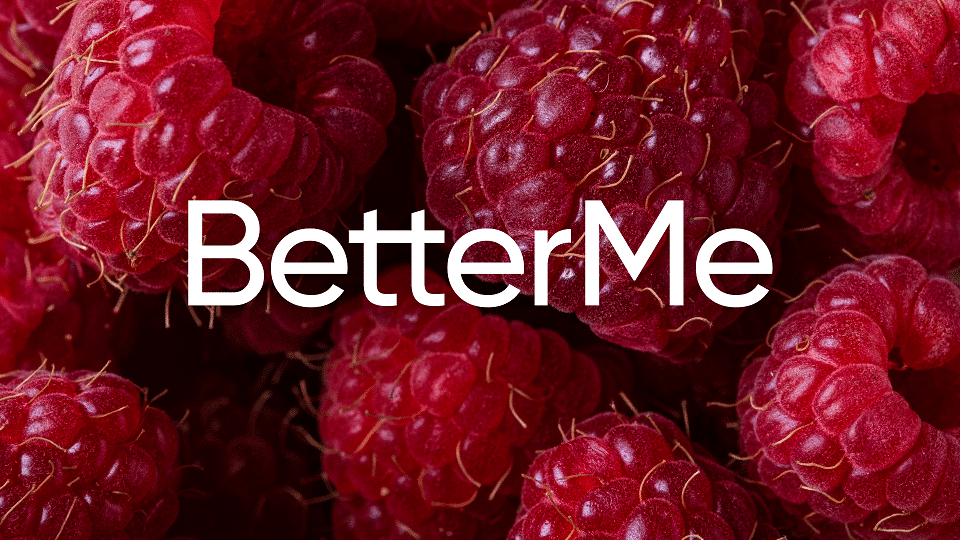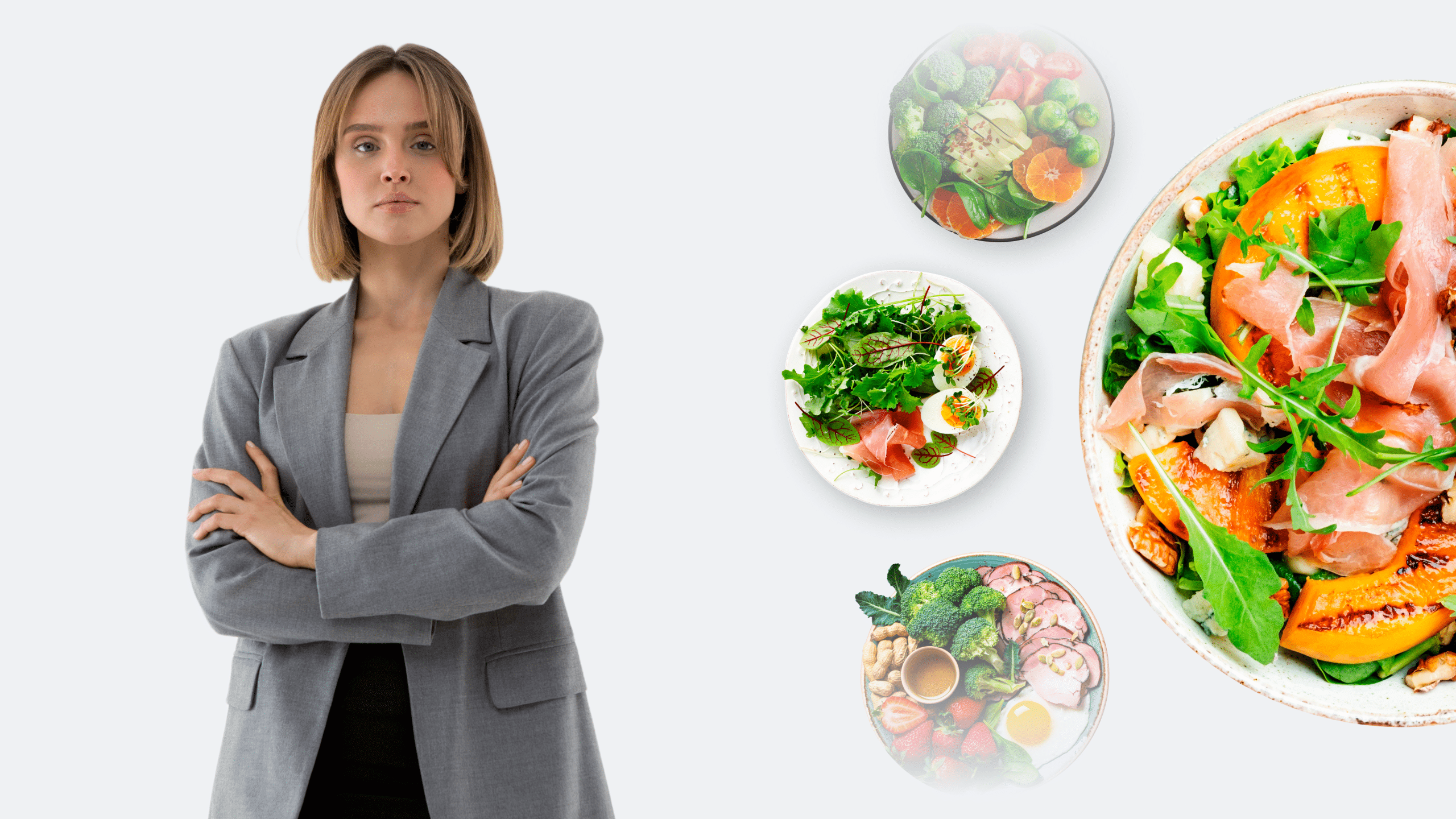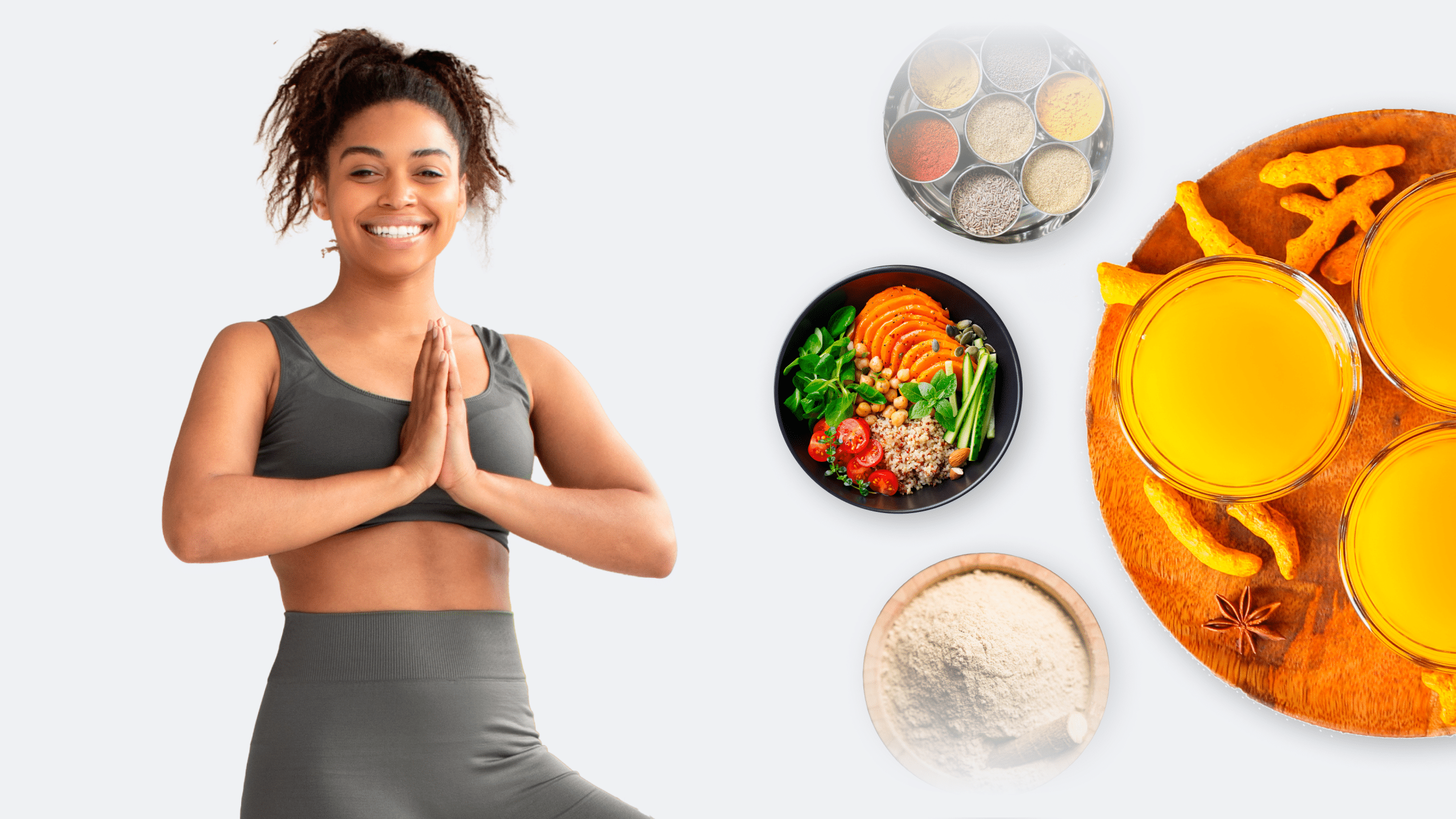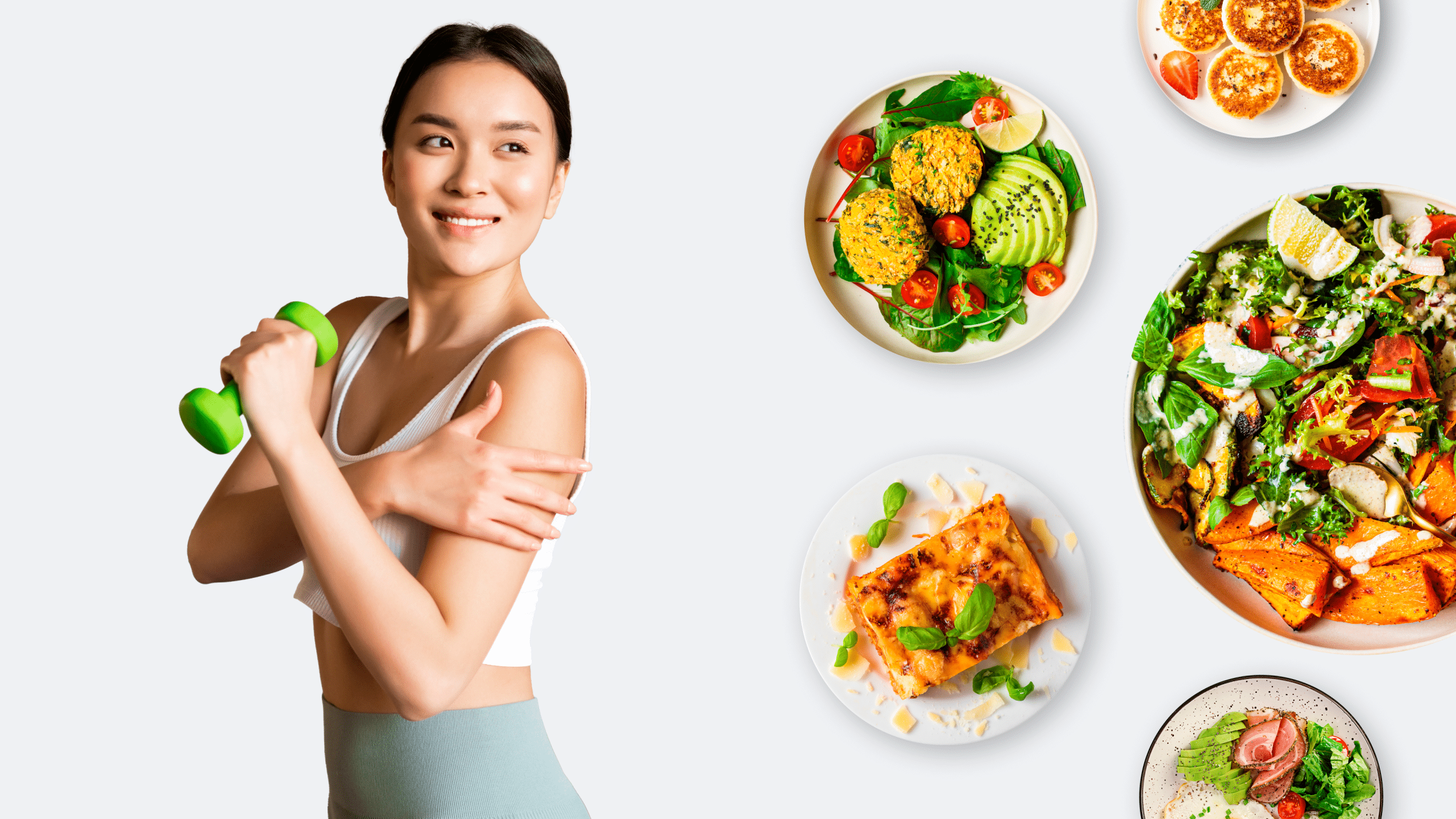When you’re pregnant, the foods you eat are your top priority. A pregnant woman is always worried about what to eat and what not, as a baby depends on the mother for nutrients that help in its development.
Certain foods can negatively affect the development and growth of the fetus. Most pregnancy-related diets focus on eating and giving a list of foods to avoid such as deli meats, raw seafood, and caffeinated drinks. There are, of course, many foods rich in nutrients, including fruit, to eat during pregnancy. This article explores the top 15 fruits to eat during pregnancy and why they are good for you.
What Fruit To Eat During Pregnancy?
Proper nutrition is important for health. Eating nutrient-dense whole foods help your body function properly, supplies you with energy, and reduces your risk of certain diseases. On the other hand, eating processed foods with no nutritional value fills you with empty calories and may harm your health.
Many know that a healthy balanced diet should include whole grains, lean protein, healthy fats, and many fruits and vegetables. But is it safe to eat fruit during pregnancy? Yes, it is safe, and several types of fruit are most beneficial during pregnancy. There are, however, some that should be avoided.
A healthy, varied diet helps both a pregnant woman and the baby healthy (6). The food a pregnant woman eats Proper prenatal nutrition helps develop the fetal brain and other parts and reduces the risk of congenital defects. It also helps the baby achieve a healthy birth weight.
Eating nutritious meals also benefits the mother. It helps in the proper absorption of nutrients. A proper diet helps reduce the risk of anemia and other unpleasant symptoms like fatigue and morning sickness.
This way, a pregnant woman can avoid excessive weight gain due to processed foods that are calorific. Excessive weight gain puts a pregnant woman at a higher risk of negative maternal, fetal, and childhood outcomes (21). It may also result in macrosomia (your baby being born larger than average) (8).
Keep in mind that fruits make up an important part of a nutritious diet. Fruits are loaded with vitamins including folate, vitamin B12, vitamin D, fiber, and other essential minerals such as iron, zinc, calcium, and magnesium that are needed during pregnancy. There is also no specific best time to eat fruit during pregnancy as it should be eaten throughout the three trimesters.
Below are some of the best fruits to eat during pregnancy:
Watermelon
First on our list of fruit to eat during pregnancy is watermelon. Watermelon is a delicious, hydrating fruit because it consists of about 91% water. One cup (152 g) of watermelon contains 46 calories, 1 gram of protein, 12 grams of carbs, and less than 1 gram of fiber and fats (26).
During pregnancy, a woman should increase her intake of fluids to support blood circulation, amniotic fluid levels, and a higher blood volume (9). Poor hydration in pregnancy is linked to preterm delivery, poor fetal growth, and an increased risk of congenital defects (3). Eating watermelon is a great way to stay hydrated and reduce the risk of constipation and hemorrhoids.
Watermelon contains lycopene which gives it the red pigment. Some studies show that eating watermelon may reduce the risk of preeclampsia. In a study done in primigravida women, supplementing their diet with 4 mg of lycopene daily was found to reduce their risk of preeclampsia (7).
While watermelon is generally safe to eat during pregnancy, it contains a lot of sugar. Women who have pre-existing or gestational diabetes may want to avoid eating large amounts of watermelon.
Read More: The Watermelon Detox And The Truth Behind It
Citrus Fruits
Citrus fruits include oranges, lemons, and lime. These fruits help a pregnant woman stay hydrated and supply her with essential vitamins. They are a great source of vitamin C which helps prevent cell damage due to oxidative stress.
There are two main types of iron: heme iron found in animal products and non-heme iron found in plant sources. Vitamin C (ascorbic acid) also helps absorb non-heme iron, which is poorly absorbed compared to heme iron. Iron helps prevent pregnant women from anemia, and the average requirement is 27 mg of iron daily (11).
Oranges and lemons are a rich source of folate that helps prevent neural tube defects (birth defects of the brain and spinal cord). Lemon also helps with nausea. Research shows that lemon or lemon scent can help with pregnancy-related nausea (23).
Mangoes
Mangoes are an all-time favorite because they are sweet and juicy. They are also a great source of vitamin C, which helps in iron absorption. One cup provides 100% of the required daily allowance of vitamin C.
Additionally, mangoes are rich in vitamin A. Sufficient vitamin A levels are important for both the fetus and mother. Vitamin A deficiency at birth is linked to lower immunity and a higher risk of respiratory disorders.
Though not common, it is possible to consume too much vitamin A. Excessive consumption of vitamin A especially during early pregnancy, can lead to spontaneous abortion and congenital malformations of the cardiovascular and central nervous systems. Mangoes contain beta carotene, a precursor of vitamin A that doesn’t lead to toxicity the way that preformed vitamin A does. If you are pregnant, you can eat mangoes in moderation along with different other fruits (25).
Pears
Pears are a rich source of fiber, potassium, and folate. Experts recommend that a woman consumes about 400 micrograms of folate daily when you are trying to conceive and 600 micrograms when you are pregnant (18). Folate helps form the neural tube and prevents congenital anomalies such as spina bifida and anencephaly.
The fiber in pears helps prevent constipation which is common during pregnancy. The peels of pears are also edible. On the other hand, potassium helps in the fluid and electrolyte balance during pregnancy and is crucial for heart health. Since pears are usually eaten with their peels, make sure you wash them properly.
Apples
You are familiar with the saying, an apple a day keeps the doctor away, right? Apples are also a great fruit to eat during pregnancy. They are a great source of vitamin C. vitamin A, fiber, and potassium (22). Apples also contain pectin, a prebiotic that feeds the friendly bacteria in your gut.
An old study found that the consumption of apples during pregnancy may have a protective effect against asthma and allergies (13). Just like with pears, the peel is edible. The best part is that apples can be used in many recipes, and the grocer will never be out of apples.
BetterMe app is a foolproof way to go from zero to a weight loss hero in a safe and sustainable way! What are you waiting for? Start transforming your body now!
Apricots
Native to parts of Asia, apricots are small yellow stone fruits that resemble peaches. They are tasty and are packed with essential nutrients and vitamins. The best low calorie fruit to eat during pregnancy is apricot. One apricot (about 35 grams) contains 17 calories, 0.5 grams of protein, 4 grams of carbs, and 0.7 grams of fiber.
Plus, apricots contain vitamin A, E, C, calcium, iron, and potassium (1). All these nutrients are vital for fetal development and the health of the mother. For instance, calcium helps grow strong bones and teeth, while fiber helps with maternal digestion. Vitamin C helps in the absorption of other minerals.
If fresh apricots are not available, dried apricots are a great alternative. Dried fruits are, however, higher in calories than fresh fruits. Other dried fruits that are good to consume during pregnancy include dates, figs, and prunes.
Pomegranates
Pomegranates provide expectant mothers with plenty of calcium, iron, fiber, folate, and vitamin K. They are a great energy source. The high iron content helps prevent iron deficiency in pregnant women.
Evidence shows that drinking pomegranate juice may help decrease the risk of injury to the placenta (19). The placenta attaches to the wall of the uterus. It provides the fetus with nutrients and oxygen and removes waste products from the fetal blood.
Avocados
Avocados are probably one of the most versatile fruits. Avocados are a great source of healthy fats and are common in weight loss diets and beneficial in pregnancy. These fruits are a great and delicious source of essential nutrients and can be used in meals and snacks.
These fruits are loaded with fiber, healthy fats, vitamins, and minerals, including magnesium and potassium. Fiber helps ease bowel movements and prevents constipation. Research shows that fiber can also help reduce the risk of preeclampsia and gestational diabetes (20).
The monounsaturated fats in avocados are important for a healthy pregnancy. These fats may regulate blood sugars, improve cardiovascular health (24). Plus, a high intake of monounsaturated fats improves sleep quality, thus helping with pregnancy-related insomnia (16).
Additionally, avocados contain magnesium and potassium, which help in the regulation of blood pressure. Eating lots of potassium-rich foods such as avocados helps lower the risk of gestational hypertension (17). These fruits are a potent source of antioxidants such as carotenoids that protect against DNA mutation and free radical damage, and they are a great source of folate, which as discussed before is essential for neural development (24).
Read More: How To Eat Avocado For Weight Loss: Eating Fat To Burn Fat
Bananas
Bananas are another excellent source of potassium. They are also rich in vitamin B6, vitamin C, and fiber. Like many other fruits rich in fiber, bananas help ease bowel movements and prevent constipation, often caused by low-fiber diet anxiety and worry.
Among the best fruit that is good to eat during pregnancy when nausea starts are bananas. Vitamin B6 may help relieve vomiting and nausea, which are common in the first trimester (2). Bananas are affordable and grow all year round, so they never completely go out of season.
Bananas can be used in smoothies, milkshakes, fruit parfaits, baked products such as muffins, and to make ice cream.
Berries
Be it blueberries, blackberries, strawberries, or blackcurrants; berries are an excellent fruit choice during pregnancy. Berries are a powerful source of antioxidants such as anthocyanins and flavonoids that protect against damage due to oxidative stress (5).
Berries also contain folate, vitamin C, and carbs. Vitamin C helps boost the immune system in addition to iron absorption. The carbs in berries also give a pregnant woman much-needed energy and easily pass through the placenta to nourish the fetus.
It is better to avoid simple, refined carbs like cakes, cookies, and doughnuts and eat complex carbohydrates like berries. You can try mixed berries with yogurt and a handful of nuts.
Guavas
Did you know that guavas contain more vitamin C than oranges? Eating lots of guavas can boost an expectant mother’s folate intake, vitamin C, vitamin E, isoflavonoids, polyphenols, and carotenoids (10). The varied combination of nutrients makes guava ideal for both the mother and baby.
The nutrients in guava aid in digestion, help relax muscles and reduce pregnancy-related constipation. Guavas should be properly washed and peeled to avoid ingesting parasites and bacteria that may harm the growing baby.
Intense sweat sessions, working weight loss tips, lip-smacking recipes come in one package with the BetterMe app. And all of it is at your fingertips, start transforming your life now!
Grapes
Grapes are an excellent choice for expectant mothers and their babies. They contain high levels of vitamin C, vitamin K, folate, fiber, pectin, and organic acids (12). These nutrients help aid biological changes that occur during pregnancy.
The immune-boosting antioxidants such as flavonol, tannin, geraniol, and anthocyanins help protect cells against oxidative damage and help prevent infections (4). Grapes can be eaten along with breakfast cereal, chopped up in a chicken salad or a fruit salad.
Kiwis
Though not very popular, kiwi is a great nutritious fruit that greatly benefits pregnant women. Also known as the Chinese gooseberry, Kiwis are loaded with vitamins and minerals. Think folate, iron, magnesium, potassium, copper, and vitamins A, C, K, and E. Plus, Kiwis are low in sugars and fats.
The folate in Kiwis helps the baby’s brain and spine develop properly. Calcium helps in the development of the fetal heart and muscles. If you are lactose intolerant, kiwi is a great alternative to dairy sources of calcium.
Are you wondering how to eat kiwi fruit during pregnancy? Try kiwis in a salad or eat them whole. Pregnant women should ensure that the kiwi they eat is firm and not rock-hard.
Cherries
Much as they may only be available for a short season in summer, cherries are an amazing pregnancy fruit. They are loaded with vitamin C. Plus, cherries contain melatonin that helps improve sleep.
Evidence suggests that melatonin may improve the functioning of the placenta (14). Although human studies are limited, some research points to melatonin help reduce the risk of preeclampsia (15).
Plums
Plums are also a great fruit to eat during pregnancy. They help with digestive issues such as constipation and ease bowel movements. You can always go for prunes which are dried plums, if fresh ones are not available.
What Fruit Not To Eat During Pregnancy?
Most fruits are safe to eat, but some should be avoided during pregnancy. Always go for organic fruit if available, but washing non-organic fruit well before eating will remove any pesticide residue. Washing will also remove any bacteria on the surface. Be sure to store fruit separately from any raw meat products in the fridge.
One should also remain aware of portion size as some fruits contain plenty of sugar. Dried fruits and juices contain more calories than fresh fruit. A serving of fruit is about 1 cup of chopped fruit and one large fruit about the size of a tennis ball. The advice for expectant women is to eat at least five portions of various fruits and vegetables daily.
Fruit not to eat during pregnancy include:
- Unripe papaya
- Juice that has not been pasteurized or boiled
- Any unwashed fruit
- Fruits with signs of mold or spoilage
Conclusion
Fruits are generally good for your health. They are extremely nutritious and also great to eat during pregnancy as they contain essential vitamins and minerals. Proper nutrition helps in keeping the baby and mother healthy.
Fruits contain fiber, folate, and essential minerals such as calcium, magnesium, and potassium, crucial for fetal development. Pregnant women should aim to consume about five portions of fruits and veggies daily. Any concerns about nutrition in pregnancy should be shared with a doctor or dietitian.
DISCLAIMER:
This article is intended for general informational purposes only and does not address individual circumstances. It is not a substitute for professional advice or help and should not be relied on to make decisions of any kind. Any action you take upon the information presented in this article is strictly at your own risk and responsibility!
SOURCES:
- Apricots, raw (2019, fdc.nal.usda.gov)
- A randomized comparison of vitamin B6 and dimenhydrinate in the treatment of nausea and vomiting in early pregnancy (2014, ncbi.nlm.nih.gov)
- Associations between maternal water consumption and birth defects in the National Birth Defects Prevention Study (2000-2005) (2018, ncbi.nlm.nih.gov)
- A study of antioxidant properties of some varieties of grapes (Vitis vinifera L.) (2007, pubmed.ncbi.nlm.nih.gov)
- Berries: improving human health and healthy aging, and promoting quality life – a review (2010, pubmed.ncbi.nlm.nih.gov)
- Diet in pregnancy—more than food (2017, ncbi.nlm.nih.gov)
- Effect of lycopene on pre-eclampsia and intra-uterine growth retardation in primigravidas (2003, pubmed.ncbi.nlm.nih.gov)
- Excessive weight gain during pregnancy and risk of macrosomia: a meta-analysis (2016, pubmed.ncbi.nlm.nih.gov)
- Fluid Intake of Pregnant and Breastfeeding Women in Indonesia: A Cross-Sectional Survey with a Seven-Day Fluid Specific Record (2016, ncbi.nlm.nih.gov)
- Guava: Health Benefits, Nutrients per Serving, Preparation Information, and More. (2020, webmd.com)
- Iron Nutrition During Pregnancy – Nutrition During Pregnancy – NCBI Bookshelf (n.d, ncbi.nlm.nih.gov)
- Kiwi fruit, raw (2020, fdc.nal.usda.gov)
- Maternal food consumption during pregnancy and asthma, respiratory and atopic symptoms in 5‐year‐old children (2007, ncbi.nlm.nih.gov)
- Melatonin improves placental efficiency and birth weight and increases the placental expression of antioxidant enzymes in undernourished pregnancy (2009, pubmed.ncbi.nlm.nih.gov)
- Melatonin prevents preeclamptic sera and antiphospholipid antibodies inducing the production of reactive nitrogen species and extrusion of toxic trophoblastic debris from first trimester placentae (2017, pubmed.ncbi.nlm.nih.gov)
- Monounsaturated fat intake is associated with improved sleep quality in pregnancy (2019, pubmed.ncbi.nlm.nih.gov)
- Nutritional status of women with gestational hypertension compared with normal pregnant women (2013, pubmed.ncbi.nlm.nih.gov)
- Nutrition During Pregnancy (2020, acog.org)
- Pomegranate juice and punicalagin attenuate oxidative stress and apoptosis in human placenta and in human placental trophoblasts | American Journal of Physiology-Endocrinology and Metabolism (2012, journals.physiology.org)
- Pregnant women have inadequate fiber intake while consuming fiber‐rich diets in low‐income rural setting: Evidences from Analysis of common “ready‐to‐eat” stable foods (2019, ncbi.nlm.nih.gov)
- Risk factors and outcomes of maternal obesity and excessive weight gain during pregnancy (2013, pubmed.ncbi.nlm.nih.gov)
- Rose-apples, raw (2016, fdc.nal.usda.gov)
- The Effect of Lemon Inhalation Aromatherapy on Nausea and Vomiting of Pregnancy: A Double-Blinded, Randomized, Controlled Clinical Trial (2014, ncbi.nlm.nih.gov)
- The Role of Avocados in Maternal Diets during the Periconceptional Period, Pregnancy, and Lactation (2016, ncbi.nlm.nih.gov)
- Vitamin A and Pregnancy: A Narrative Review (2019, ncbi.nlm.nih.gov)
- Watermelon, raw (2019, fdc.nal.usda.gov)

